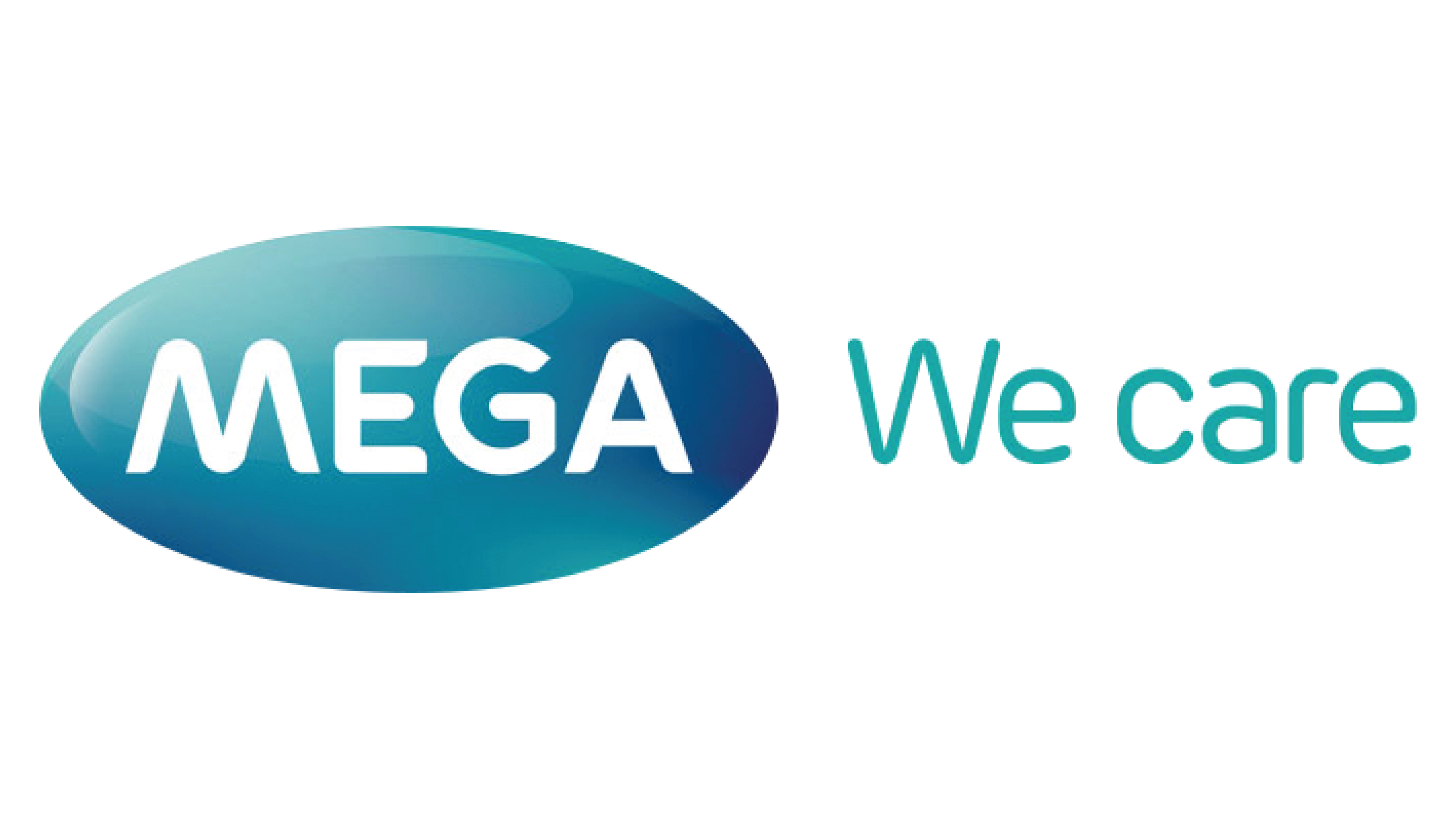A proper diet is the key to a healthy pregnancy. A plant-based whole food diet is the healthiest option during pregnancy. The need for calories is increased only during the second and third trimester of pregnancy. In the 1st trimester, no additional calories are required by the body.
There is a need of extra 340 calories per day during the 2nd trimester and 452 calories per day during the 3rd trimester of pregnancy. During pregnancy, it is very essential to eat the right food which is rich in nutrients; and which is not high in fats, sugars or calories.
A plant based whole food diet has varied nutritional benefits and is apt for catering the pregnancy needs. It provides the following nutrients:
Calcium: The Dietary Reference Intake (DRI) for calcium, for women aging 19 – 50 years, is 1000mg/day which is the same as the calcium requirement before, after and during pregnancy. Calcium absorption from plant-based foods is often superior to that of dairy products. Good plant based sources of calcium includes tofu, soy beans, dark green leafy vegetables, bok choy, broccoli, beans, figs, sunflower seeds, tahini, almond butter, calcium-fortified nondairy milk, calcium-fortified cereals and juices. Add these foods in your daily diet regime to fulfill your calcium requirements.
Essential fatty acids: Alpha-linolenic acid (ALA) converts into omega-3 fatty acids (DHA and EPA).The normal requirementof ALA for women from 19 to 50 years of age is 1.1 g/day, whereas for a pregnant woman it is 1.4 g/day. ALA is found in various plant-based foods like flaxseeds and flaxseed oil, canola, walnuts, soybeans etc. DHA is the fatty acid which is naturally found low in the blood of babies born to vegetarian mothers. Vegetarians do not consume preformed DHA in the diet, so their bodily requirement for omega 3 fatty acids can only be met by consuming foods rich in ALA. Omega-6 fatty acids are found in seeds, nuts, grains, legumes, green leafy vegetables and vegetables oils like in corn, soybean, sunflower, cottonseed, sesame etc. However, if a vegetarian woman needs DHA; microalgae-based supplements can be taken on physician’s advice.
Folate or folic acid: During pregnancy, folic acid helps to prevent neural tube defects in the fetus. It is very essential in the first weeks of pregnancy. Leafy green vegetables, legumes etc are good source of folic, acid 600 microgram per day of folate is required during pregnancy.
Iron: Iron plays an important role in fetal growth, development of the placenta and to maintain increased blood volume during pregnancy. The usual requirement of iron for woman between the age group 19 to 50 years is 18mg/day, whereas during pregnancy it increases to 27mg/day. Iron supplements or a prenatal vitamin containing iron is prescribed for women during pregnancy (irrespective of the diet they follow) as it is difficult to meet the increased iron requirements only through diet. Dairy products decreases iron absorption and therefore should be avoided. Plant basedfoods which are rich in iron sources are legumes, dark green vegetables, dried fruits, enriched grains, and blackstrap molasses. Foods rich in vitamin c should be taken along with iron rich foods as they helps in absorption of iron.
Protein: The daily requirement of protein for women in the age group of 19 to 50 years is 46 g/day. During pregnancy, it is 71g/day during the second and third trimester. Plant based sources rich in protein are varied and include whole grains, legumes, beans, soy products, vegetables etc.
Vitamin B12: The requirement of vitamin B12 increases from 2.4μg per day before pregnancy to 2.6μg per day during pregnancy. It is found in fortified foods like fortified cereals, meat substitutes, nondairy milk, nutritional yeast etc. Seaweed and tempeh are not good sources of vitamin B12. However, vitamin B 12, supplements can be prescribed by the physician to prevent its deficiency.
Vitamin D:The requirement for vitamin D (5 μg per day) remains same before and after pregnancy. It is very essential to maintain the adequate intake of vitamin D during pregnancy. Adequate sun exposure for at-least 5 to 15 minutes per day between10 am to 3 pm on the arms, legs, hands and face is sufficient to meet the vitamin D needs. During pregnancy, the woman should eat foods which are fortified with vitamin D. Prenatal vitamin supplements that contain vitamin D can also be taken as prescribed by the physician during pregnancy.
Zinc: The requirement for zinc increases during pregnancy from 8mg/day to 11mg/day. Legumes, nuts, whole grains, cereals are a good source of zinc. Foods such as sprouted grains, beans, yeast-raised breads, lemon juice, tomato sauce etc should also be included in diet as they increase the absorption of zinc. Prenatal vitamin supplements that contain zinc can also be taken if prescribed by doctor. Switch to a healthy plant-based whole food diet before pregnancy as the nutrients stored in the body helps in the optimal growth and development of the baby during pregnancy. Exercise during pregnancy is beneficial for both mother and the baby. Consult your doctor for appropriate exercise plan during pregnancy.








